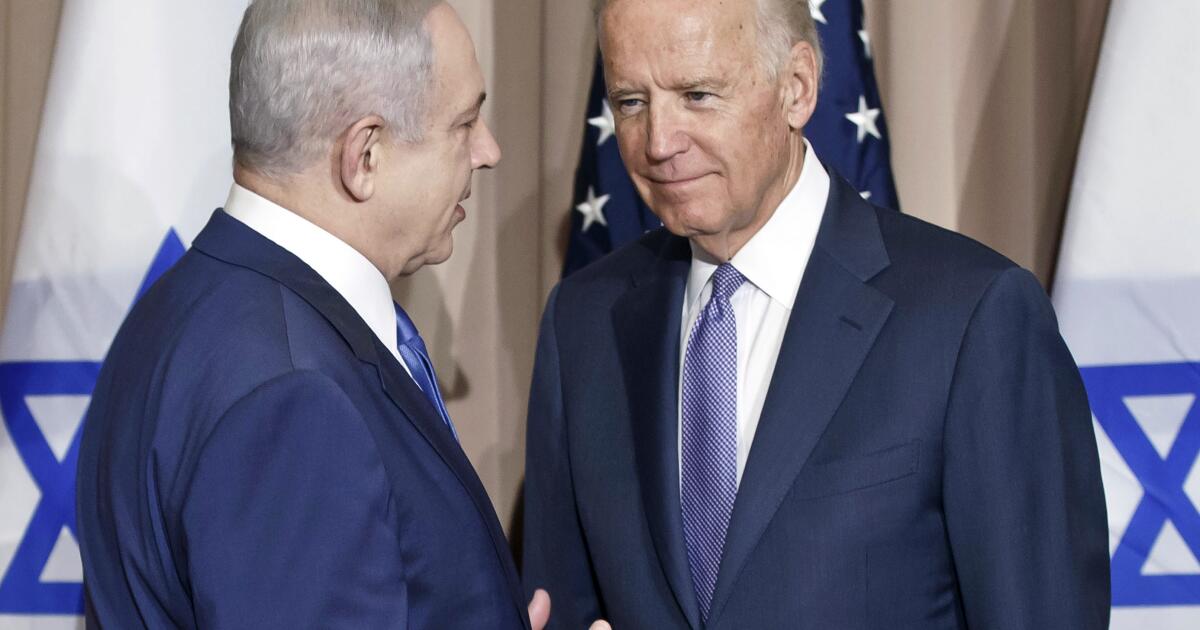BUENOS AIRES (Reuters) – Argentine President Javier Milei’s twin reform bills will head to Congress one last time this week for a final vote, with little risk of failure. The key question is whether he will be able to add back articles watered down in the Senate.
The libertarian leader’s sprawling “Bases” bill that ranges from plans to privatize state entities to boosting private investment, has already been approved in general terms in both Congress chambers, along with a separate twin fiscal package.
However, senators altered both bills in knife-edge votes to approve the reforms earlier this month, which came after the lower house of deputies passed the bill in April. It will go back on Thursday to the lower house to sign-off the changes.
WHAT CAN THE LOWER HOUSE DO?
The lower house has to decide whether to accept the version approved in the Senate, which had the state airline, post service and broadcaster removed from a list of potential privatizations, limited new investment incentives and removed adjustments to taxes on high salaries and personal assets.
The lower house can overturn the Senate changes with the same majority they were voted on in the upper house, either a simple majority or a two-thirds majority. That would return articles to the version approved previously in the lower house.
“The Deputies now have to choose if they insist on what they voted before by majority, or if something the Senate changed seems better,” government ally and former conservative Senator Federico Pinedo said after the Senate vote this month.
A government source said that it was “possible or probable” that the three state firms would be kept off the privatization list to avoid a legal standoff with the opposition, while the Senate changes to the investment regimen would also be accepted.
The focus would be trying to reinstate elements related to taxation and personal assets, seen as important for Milei’s pledge for a zero fiscal deficit this year.
“On this the government wants the Deputies to insist on what they approved (peviously) in that chamber,” the source said.
WHY IS THE BILL IMPORTANT?
The bill, the signature and first major legislation of Milei since he took office in December, has been trimmed from an original 600 articles to some 238 now, but still marks a major pro-market shift for Argetina after years of big government, job protection and heavy state spending.
It’s a key barometer of Milei’s ability to govern and central to his plans to overhaul the country’s embattled economy with inflation over 250%, myriad capital controls, depleted central bank reserves, a deepening recession and years of fiscal deficits that mired the country in debts it’s struggled to pay.
Ahead of the vote, the government has been meeting with governors and lawmakers to drum up and ensure support, including a spate of deals to approve regional infrastructure projects that have been held up this year by a freeze on public works.
Milei’s libertarian party only has a small minority in both chambers of Congress, but he has allied himself closely with the main center-right bloc, including packing his Cabinet with more mainstream conservatives, helping win legislative backing.
WHO IS BACKING THE BILL AND WHO MIGHT BLOCK IT?
The key center-right UCR bloc is likely to support the government over its privatization plans and tax reforms plans, Rodrigo de Loredo, deputy and head of the UCR bloc wrote on X.
The left-leaning opposition Peronists, the country’s dominant political force for decades, will oppose the bill, but are fragmented and don’t have the numbers to block it. They may though seek legal means to hold up laws being put into action.
Analysts, though, said there was little the opposition could do at this point to torpedo the bill.
“What definitely won’t happen is that this fails to get approved,” said analyst Shila Vilker from public opinion firm Trespuntozero. “The question is about the final version of the articles, nothing more.”
(Reporting by Nicolas Misculin; Additional reporting by Marta Lopez; Editing by Adam Jourdan and Alistair Bell)
